Organizational Behavior Theory 1 [Course offered by School of Commerce]
Yumi Mizutani, 3rd year, School of Commerce
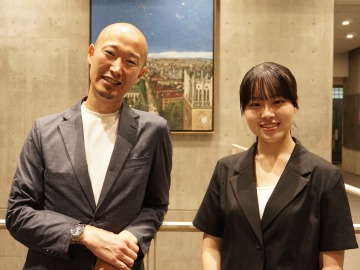
Professor Toshio Murase (left) and Mizutani (right)
You may wonder, "Why does that person behave that way? or "Why can't we work well together as a team? or "Why can't we cooperate well as a team? In "Organizational Behavior Theory 1" taught by Professor Toshio Murase (Faculty of Commerce Associate), you will find the answers to these everyday questions and concerns.
Organizational behavior is the study of how people behave and influence each other within groups and organizations. Professor Murase has a wealth of knowledge and experience in this field, and delivers easy-to-understand and interesting lectures to students. His classes are characterized by an approach that combines theory and practice, explaining organizational behavior from a variety of perspectives, including business administration and psychology.
The best thing about this class is that you can learn by relating it to your own experiences. For example, you can recall a time when opinions clashed in student club activity, or when someone was unable to do their part-time job, and apply the theories you learned in class to real-life situations. This makes the theory feel more familiar and deepens your understanding.
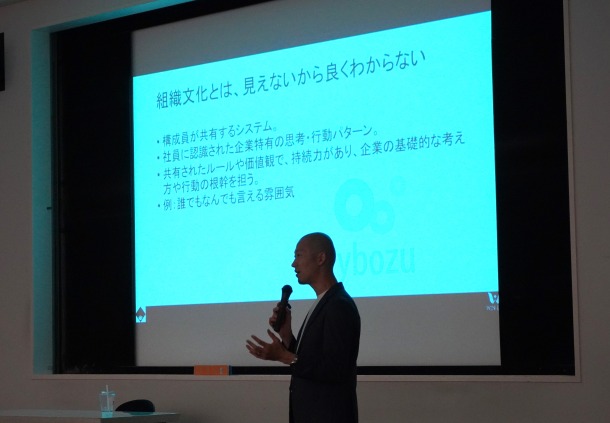
The class will be conducted based on slides. The theme of the day was organizational culture (the rules and values that exist within an organization to achieve the goals of a company, etc.).
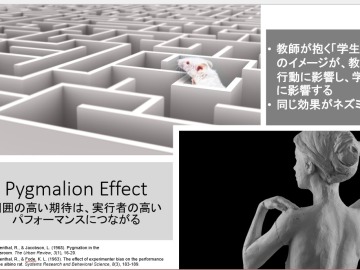
About the "Pygmalion effect." From the slides in class
One thing I found particularly interesting was the "Pygmalion effect." The Pygmalion effect is a phenomenon in which high expectations from others lead to high performance from the individual. For example, if a teacher thinks, "This student is excellent," those expectations will influence the teacher's own behavior and tend to improve the student's performance. Conversely, if a teacher thinks, "This student is not good at studying," then those low expectations may lead to a decline in the student's performance. In other words, having high expectations of others increases the chances that they will meet those expectations.
This class will be beneficial for students who are interested in human behavior in groups and organizations, and will also allow them to gain a deeper understanding of the reasons for their own actions and reactions, which will lead to self-understanding. Students will be able to gain a deeper understanding of the wide-ranging phenomena of organizational behavior and acquire knowledge and skills that will be useful in managing organizations.


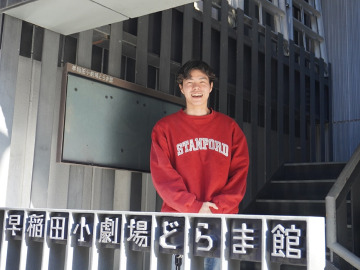

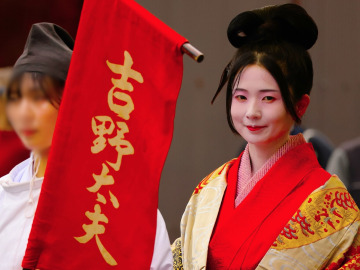

![[Save version] Map of the four main campuses](https://www.waseda.jp/inst/weekly/assets/uploads/2025/09/17cb2975123fc5103172ef60bd98608d-610x458.jpg)

